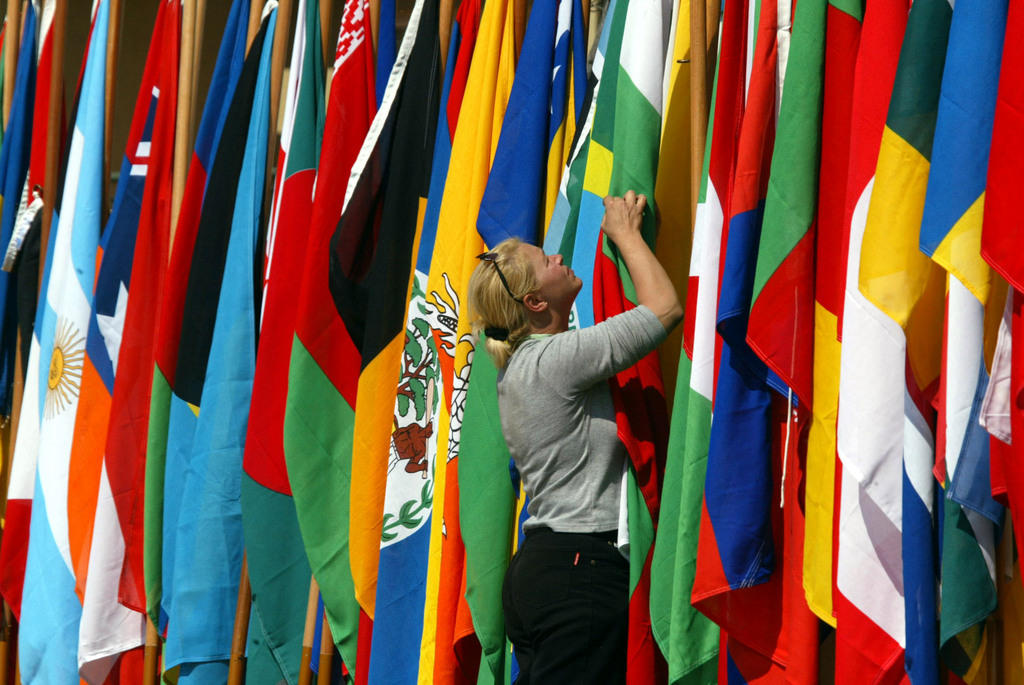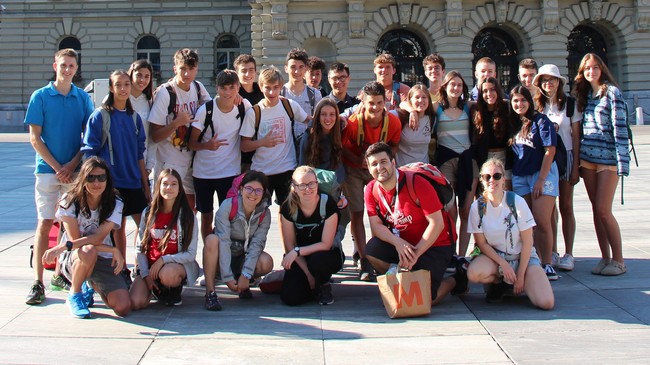
Who has the best nationality?

Can you independently measure the value of a person’s nationality? A new index has tried, ranking nations according to economic and development data alongside external values such as the ability to travel and settle in other countries. Switzerland was ranked eighth.
Over 160 nations were assessed in the new Quality of Nationality Index 2015, published on Thursday.
Germany was first, followed by Denmark, Finland, Norway, Sweden and Iceland (equal fifth). After came Ireland and Austria (equal sixth) and France.
Numerous African states were rated poorly: Sudan (157th), Eritrea (158th), Central African Republic (159th), and the Democratic Republic of the Congo (161st).
The index claims to be the first of its kind to bring together internal and external indicators. Internal values include data on the economy (gross domestic product), human development (the United Nations Development Programme Human Development Index) and peace and stability (Global Peace Index).
The more individuals are restrained by national borders, the lower the value; the less noticeable the borders, the higher the value.
The index measures the opportunities and limitations that nationalities impose on citizens and represents “the extent to which holders of a particular nationality can genuinely enjoy the benefits of a globalised world and an increasingly transnational life”, the organisers Henley and Partners and Kochenov, a leading citizenship planning firm, said in their report.
What do you think of this kind of poll?

In compliance with the JTI standards
More: SWI swissinfo.ch certified by the Journalism Trust Initiative
















![The four-metre-long painting "Sonntag der Bergbauern" [Sunday of the Mountain Farmers, 1923-24/26] had to be removed by a crane from the German Chancellery in Berlin for the exhibition in Bern.](https://www.swissinfo.ch/content/wp-content/uploads/sites/13/2025/12/01_Pressebild_KirchnerxKirchner.jpg?ver=cb688ed5)















You can find an overview of ongoing debates with our journalists here . Please join us!
If you want to start a conversation about a topic raised in this article or want to report factual errors, email us at english@swissinfo.ch.